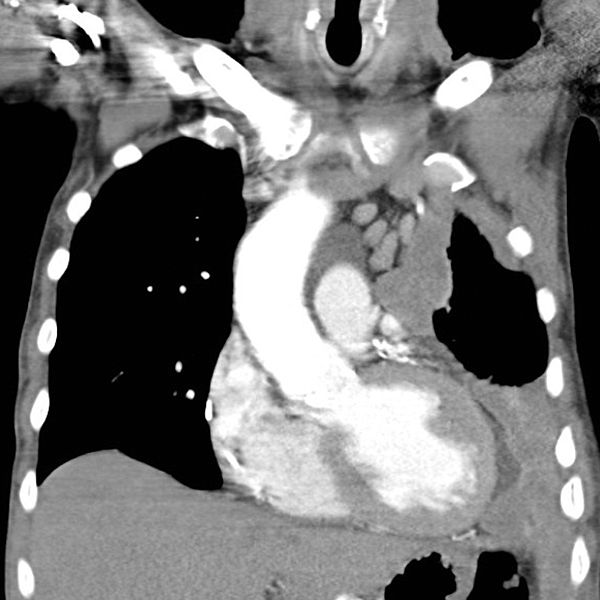Pericardial Mesothelioma: A Deadly Subtype
I’m Ed Smith, a Sacramento Wrongful Death Lawyer. Most people think of mesothelioma as a type of lung cancer. While this is primarily the case, this doesn’t mean that mesothelioma cannot damage other organs. Some people who have been exposed to asbestos can develop mesothelioma in the linings of their heart, a subtype of the disease called pericardial mesothelioma.
How Does Mesothelioma Spread to the Heart?
Similar to pleural and peritoneal mesothelioma, cancerous cells are able to spread to various parts of the body. Some cancer cells will move by direct diffusion through tissue linings while other cells could migrate to the bloodstream. Since the blood travels to all parts of the body and the heart is nearby, it is possible for mesothelioma to develop in the heart. This spread of cancer, termed metastasis, can lead to the growth of pericardial mesothelioma.
The Symptoms of Pericardial Mesothelioma
The pericardium is the muscular sac that encases the heart. This sac serves to protect the heart from infection and injury. When this sac is seeded with cancerous cells, these cells can start to physically impact the heart. Patients with pericardial mesothelioma may start to feel various symptoms, such as chest pain. If the cells punch holes in the pericardium, fluid can get between the sac and the heart. This is called a pericardial effusion and this fluid can apply pressure to the heart’s chambers. This can lead to a dangerous complication called cardiac tamponade. Finally, damage to the heart itself can lead to improper electrical activity, called an arrhythmia. Any of these symptoms can prove fatal.
What are the Treatment Options?
Someone with pericardial mesothelioma has a few treatment options at their disposal. The mainstay of treatment for this subtype of mesothelioma is surgery. This procedure is called a pericardiectomy, or the complete removal of the pericardium from the heart itself. People are able to live without their pericardium; however, their heart will lose a layer of protection. This could make patients vulnerable to various cardiac complications. For patients with mesothelioma that isn’t removed by surgery, chemotherapy is often used as an adjunct therapy.
The Prognosis
The earlier the disease is caught, the better a prognosis will be; however, due to the severe nature of this disease, most patients have a poor prognosis. Patients who are diagnosed should expect to survive for around six months. The five-year survival rate for patients with this disease is almost nonexistent. The prognosis should still be discussed on an individual basis and will depend on the tumor size, cell type, and spread of the disease.
Related Articles by Ed Smith:

Sacramento Wrongfull Death Lawyer, Ed Smith
Sacramento Mesothelioma & Wrongful Death Lawyers
I’m Ed Smith, a Sacramento Wrongful Death Lawyer. Mesothelioma has a potential to impact many of the body’s organs, including the heart. If you or someone close to you has developed mesothelioma after being exposed to asbestos, call me today at (916) 921-6400 for friendly, free advice. Visitors who are contacting my office from outside of Sacramento may use the toll-free line I have available, at (800) 404-5400.
I am proud to be a member of the Million Dollar Advocates Forum in the state of California.
Please take some time to look at my verdicts and settlements here.
Many of my customer reviews and ratings are found on Avvo, Yelp, and Google.
Picture Source: via Wikimedia Commons, released by the author and used under the GNU Free Documentation License
:dr bw [cs 589] cv

